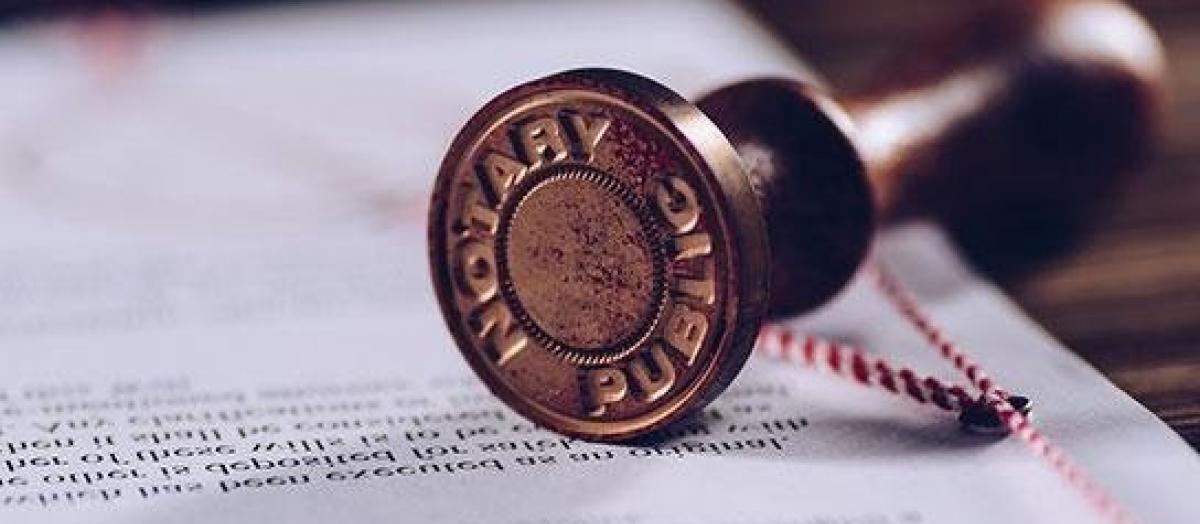Knowledgeable Conveyancer: Promoting Smooth Realty Transactions
Knowledgeable Conveyancer: Promoting Smooth Realty Transactions
Blog Article
Debunking Notarial Work: Streamlining the Function and Importance of Notaries
Their function, often shrouded in mystery for many, brings significant weight in making sure the credibility and integrity of vital papers. By unwinding the complexities bordering notarial methods and shedding light on the significance of their acts, a clearer understanding emerges of the crucial function notaries play in supporting the fabric of legal and legal arrangements.
The Background of Notarial Work
The history of notarial work days back to ancient human beings, where scribes played a critical duty in videotaping vital info and verifying documents. This led to the advancement of notaries, individuals appointed by the state to act as unbiased witnesses in lawful issues.
Throughout the Center Ages, notaries gained prestige in Europe, with their functions expanding to include preparing lawful records, certifying signatures, and maintaining documents. The rise of worldwide profession even more stressed the importance of notarial job in verifying agreements and contracts throughout borders.
In the contemporary period, notaries remain to play a vital duty in legal and service purchases by validating identities, confirming the authenticity of records, and preventing fraud. Their duty in licensing the credibility of contracts includes a layer of safety and depend the ever-evolving landscape of business and law.

Duties and Duties of Notaries
Notaries play a vital function in verifying the credibility of records and the identification of signatures. One of their key responsibilities is to witness the signing of crucial records, such as deeds, contracts, and wills, to ensure that all parties are getting in into agreements intentionally and willingly.
They accredit duplicates of original documents, supplying guarantee to institutions that the duplicates are true reproductions of the originals. Overall, the obligations and responsibilities of notaries are vital in safeguarding the honesty and legality of different files and purchases - Conveyancer.
Notarial Certificates and Signatures
Exemplifying meticulous focus to detail, notarial certificates and signatures serve as necessary components in verifying the authenticity of legal files. Notarial certifications typically have vital info such as the date of registration, the names of the notaries, a summary of the document, and the notary's official seal. These certificates offer a clear record of the notarial act, ensuring that the record can be easily identified and mapped back to the notary that oversaw the procedure.
Signatures play a pivotal function in notarial work, as they signify the arrangement and approval of the parties involved. Notaries meticulously witness the signing of documents to validate the identification of the signatories and verify that they are signing of their own free choice. By attaching their official seal and get redirected here signature to the record, notaries accredit that the necessary procedures have actually been complied with and that the paper is legitimate and enforceable.
Basically, notarial certificates and trademarks are the trademark of credibility in legal transactions, providing guarantee to all events included that the records are genuine and binding.
Significance of Notarial Acts

Registration Process Discussed
Clarifying the registration procedure provides clarity on the crucial actions entailed in verifying legal papers. The notarization process generally begins with the private providing the document to a notary public. The notary then confirms the signer's identification through appropriate recognition approaches. When the identity is verified, the notary ensures that the individual authorizing the file does so willingly and with no coercion.

Conclusion

Notarial certificates generally consist of vital information such as the date of registration, the names of the notaries, a summary of the paper, and the notary's official seal. These certificates offer a clear record of the notarial act, guaranteeing that the record can be quickly determined and traced back to the notary who looked after the procedure.
By fastening their main seal and trademark to the file, notaries license that the needed treatments have been adhered to and that the record is enforceable and legitimate.
By validating the identity of the signatures, verifying their readiness to enter right into the arrangement, and accrediting the day and place of the signing, notaries play a critical duty in promoting the credibility of legal files.After the record is signed, the notary will attach their main seal or stamp onto the record.
Report this page